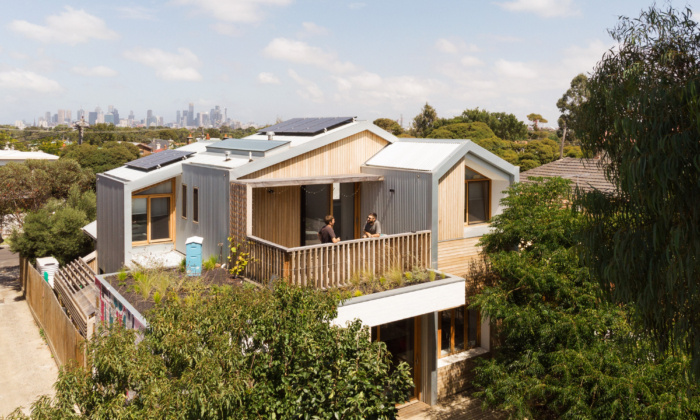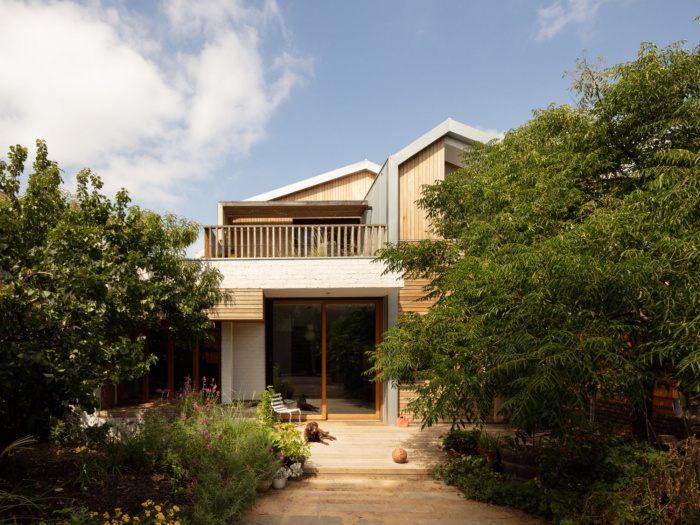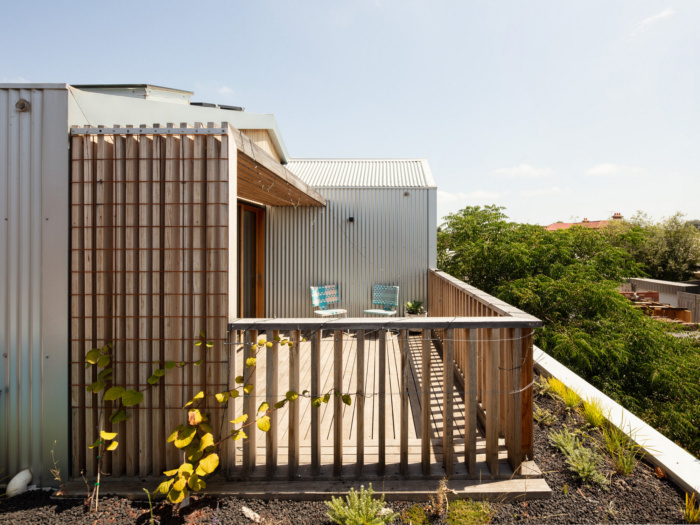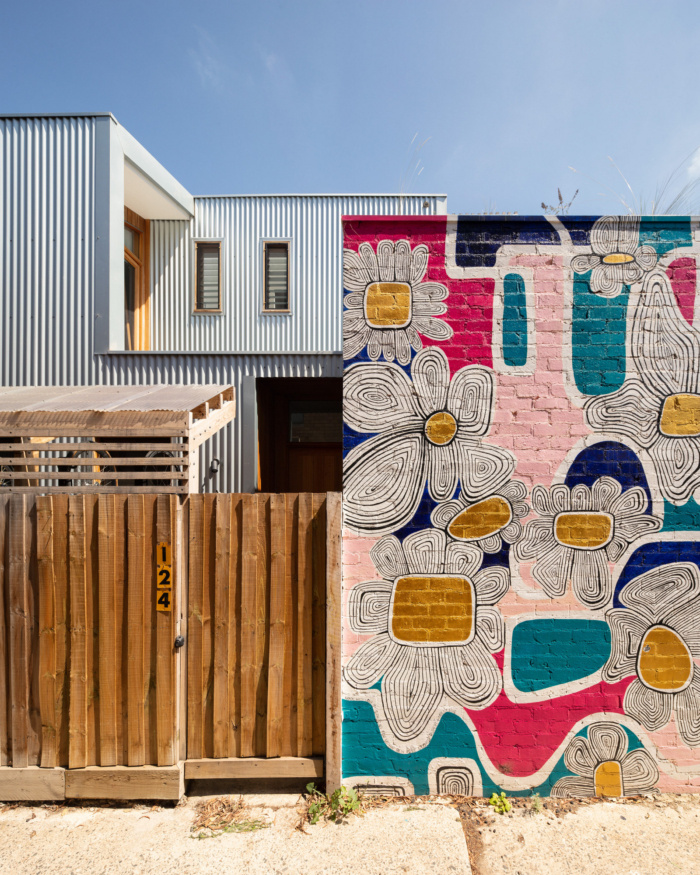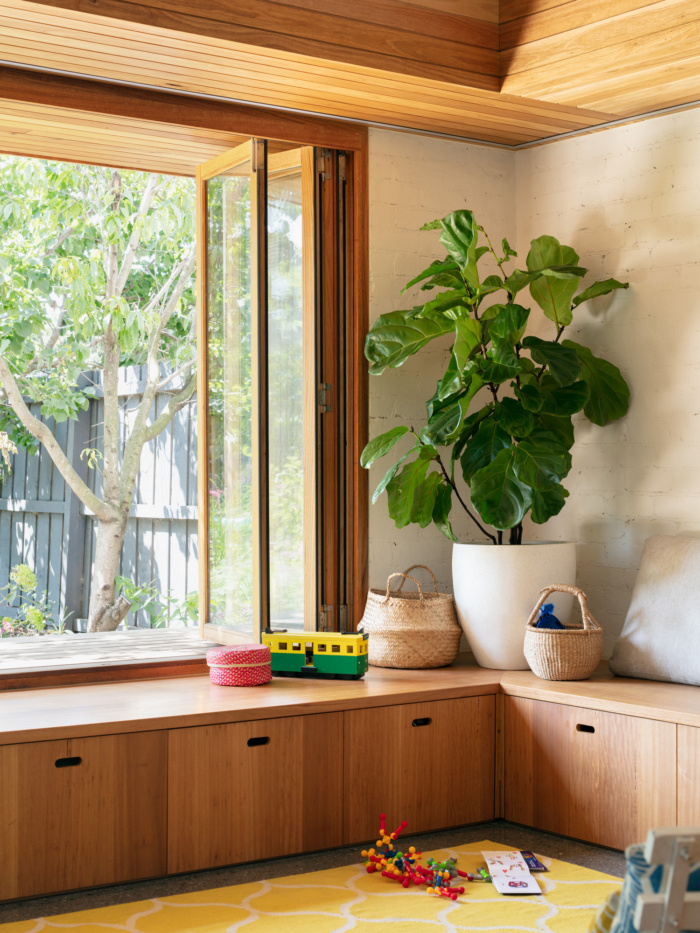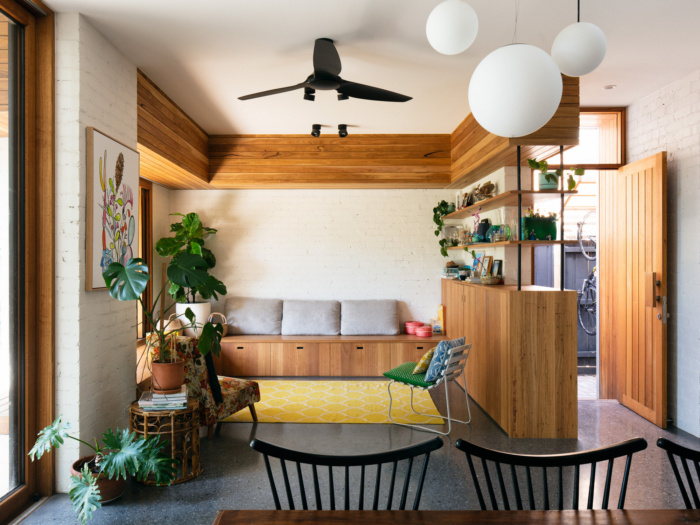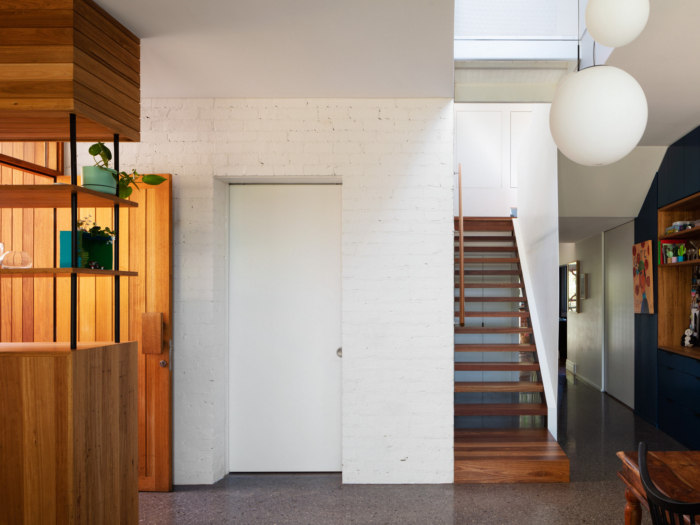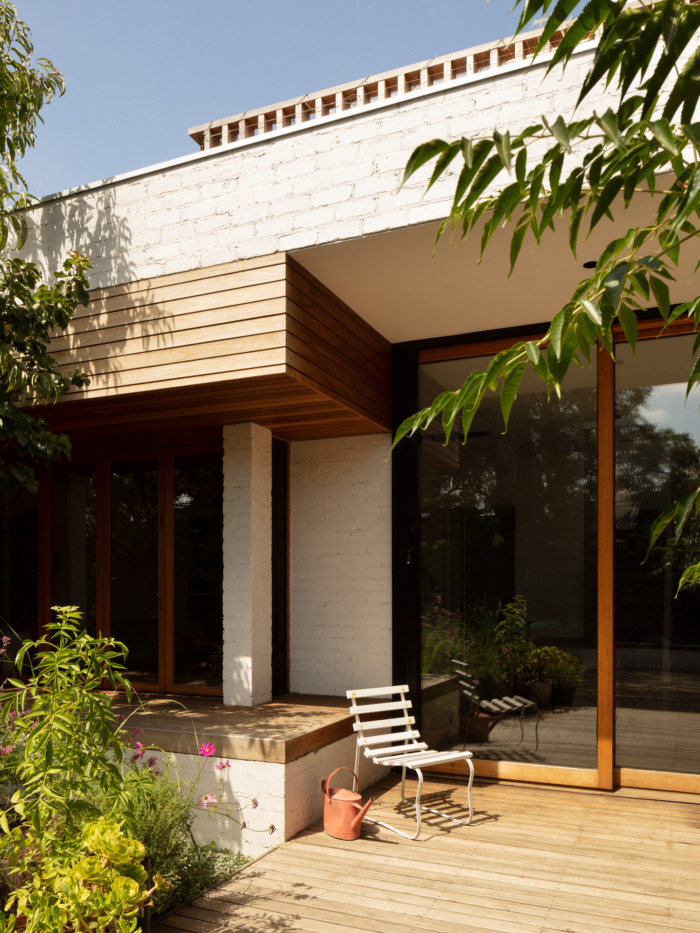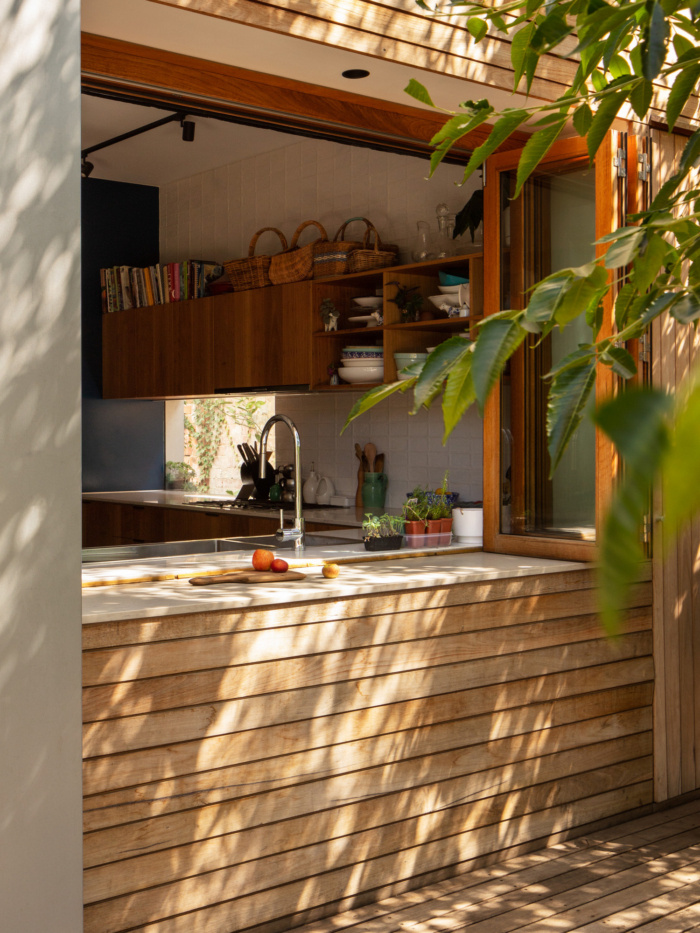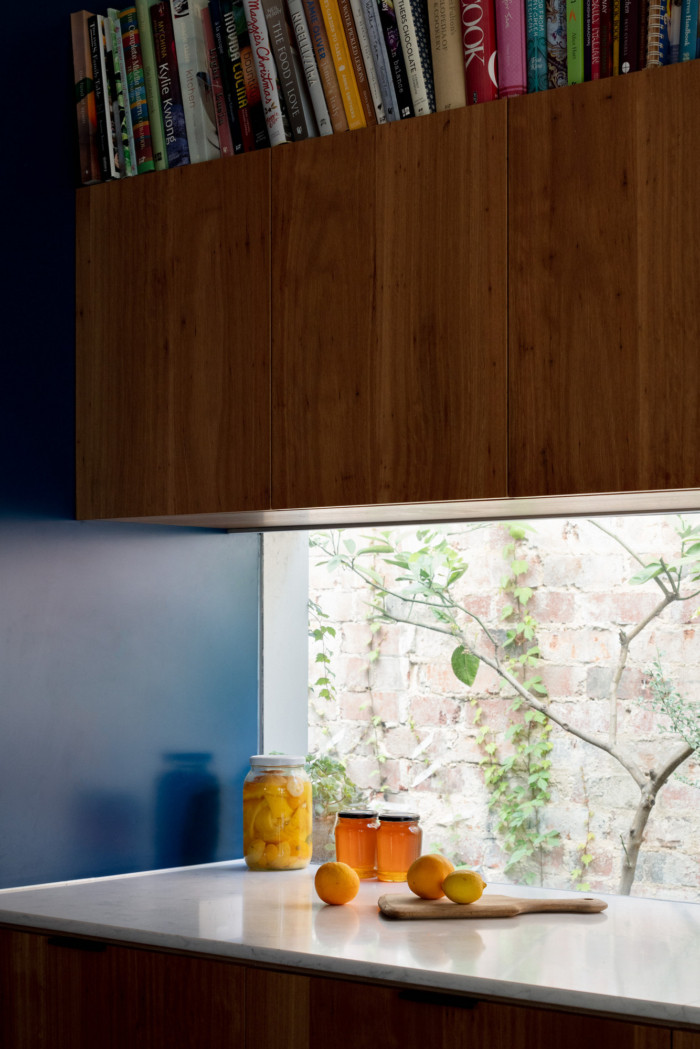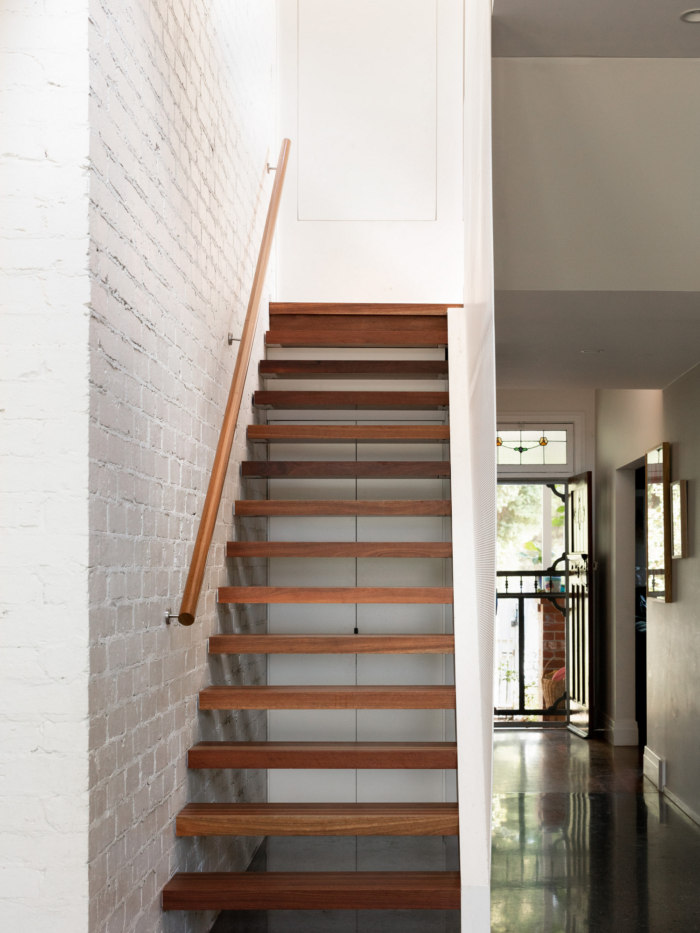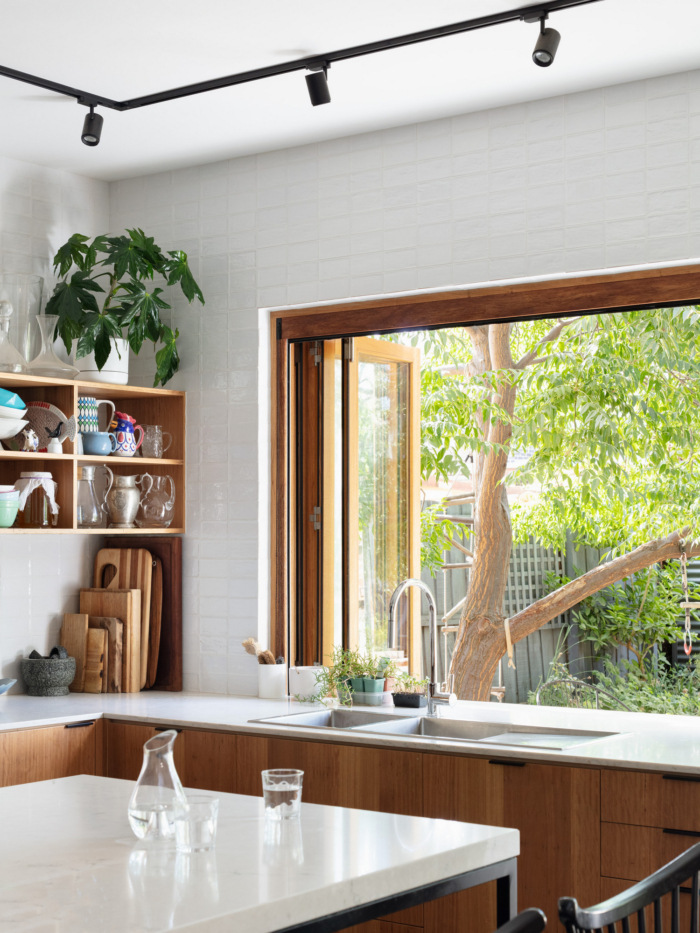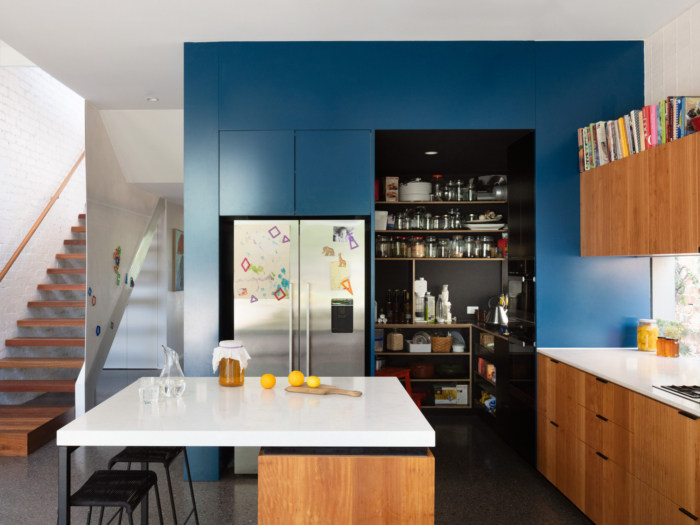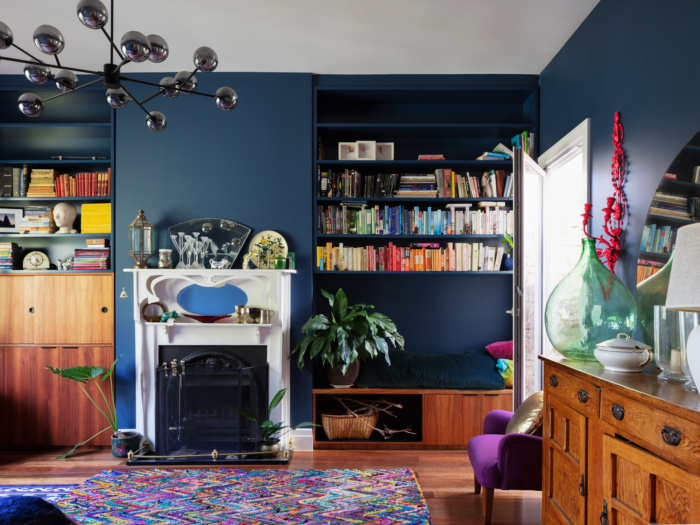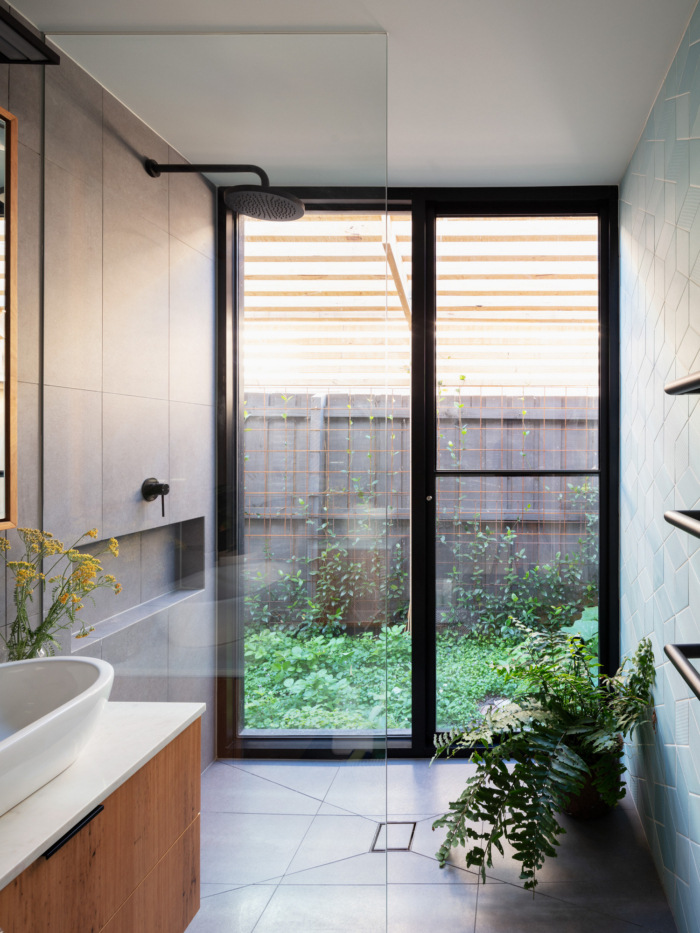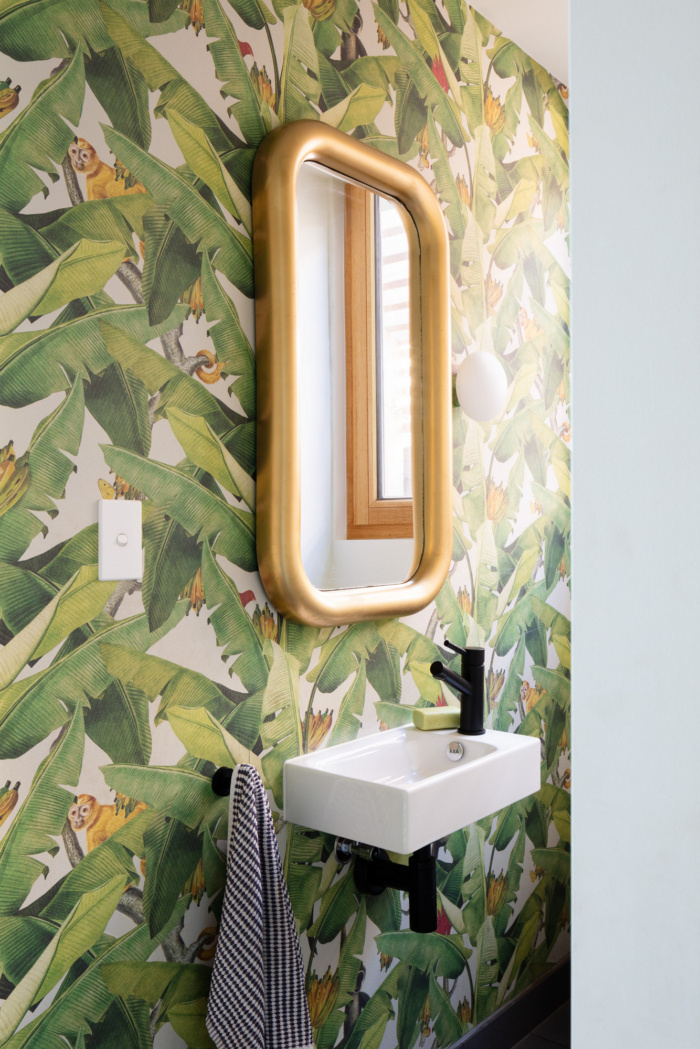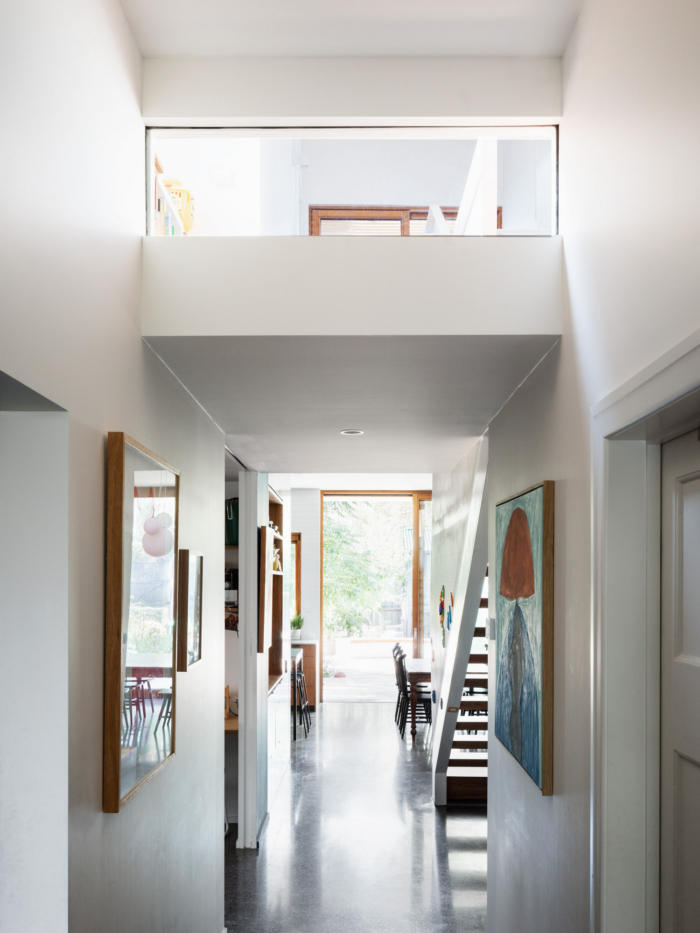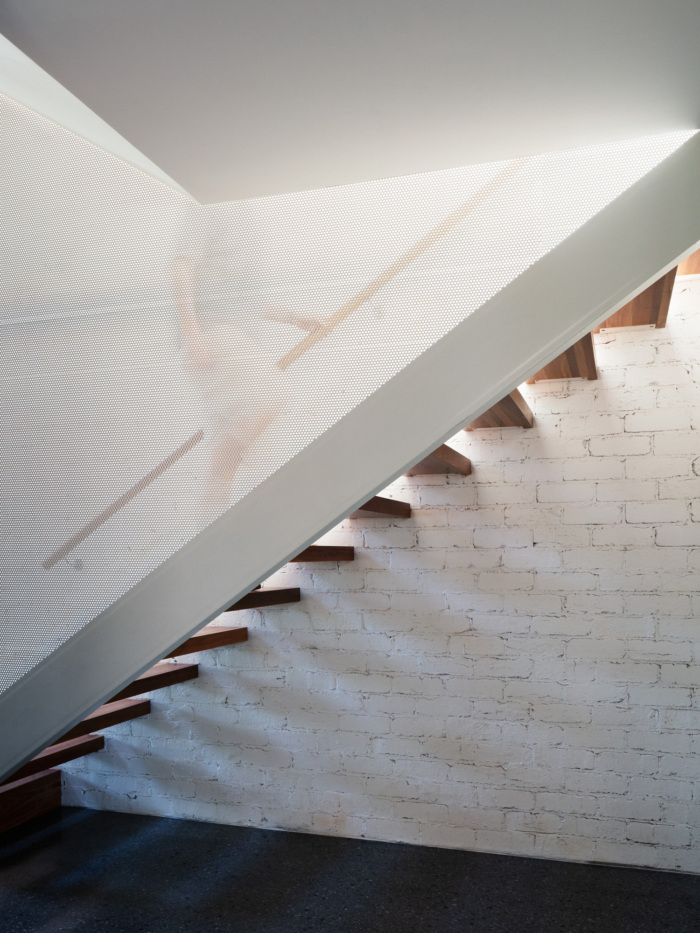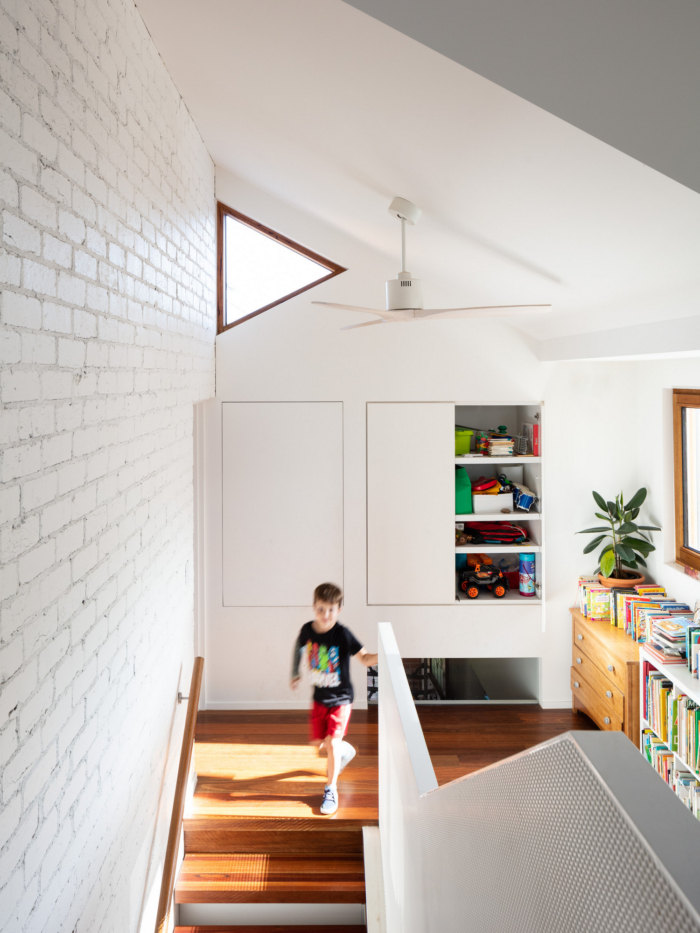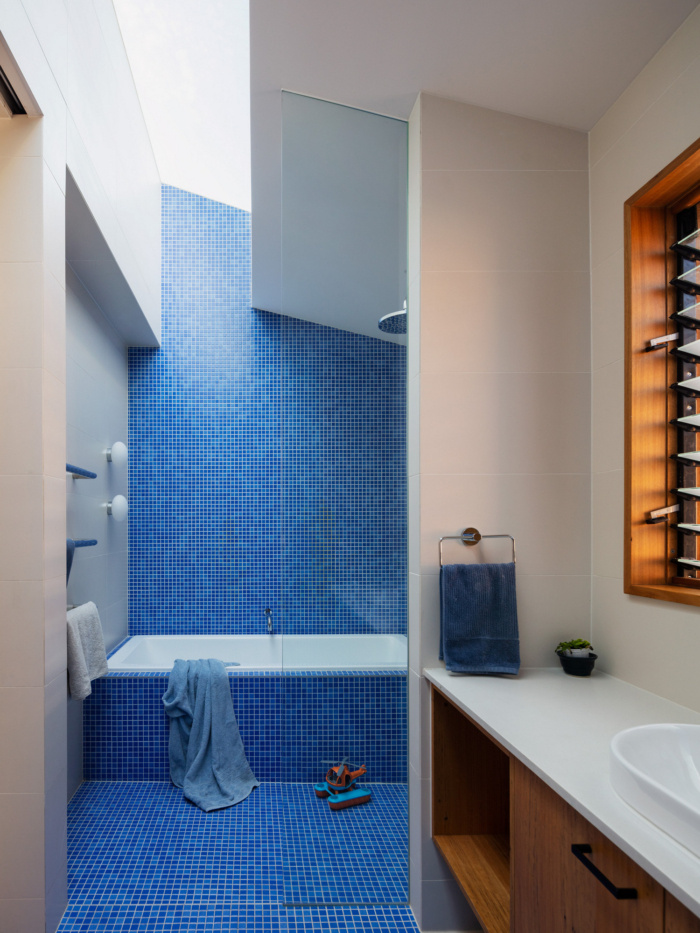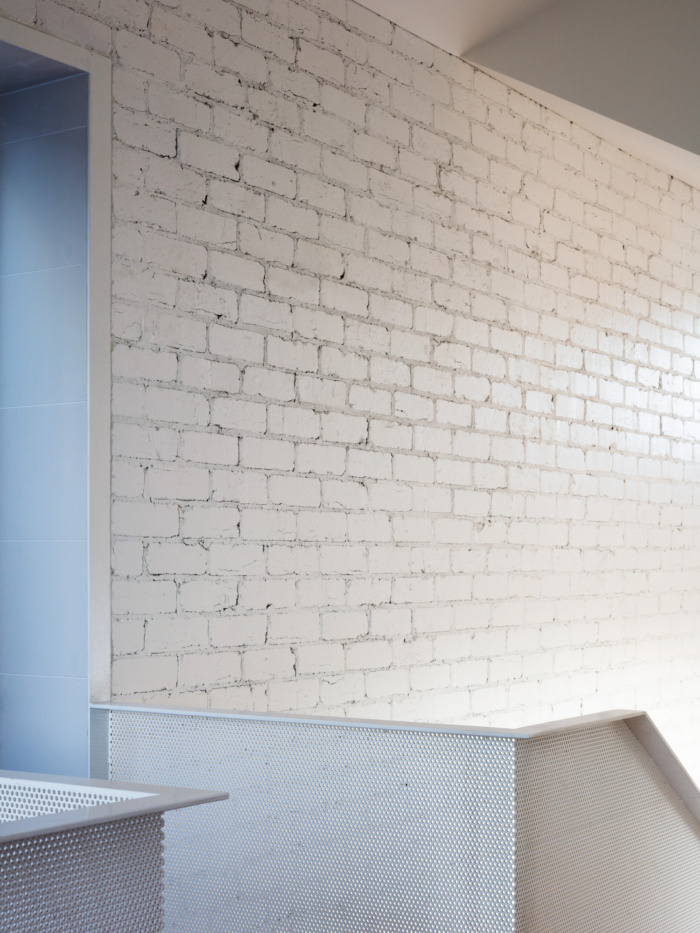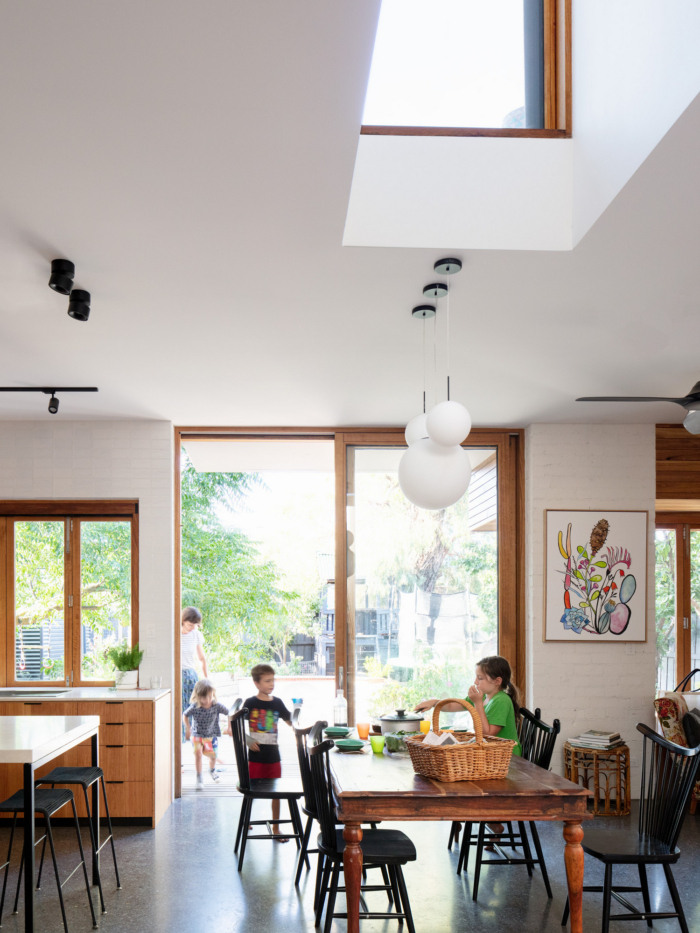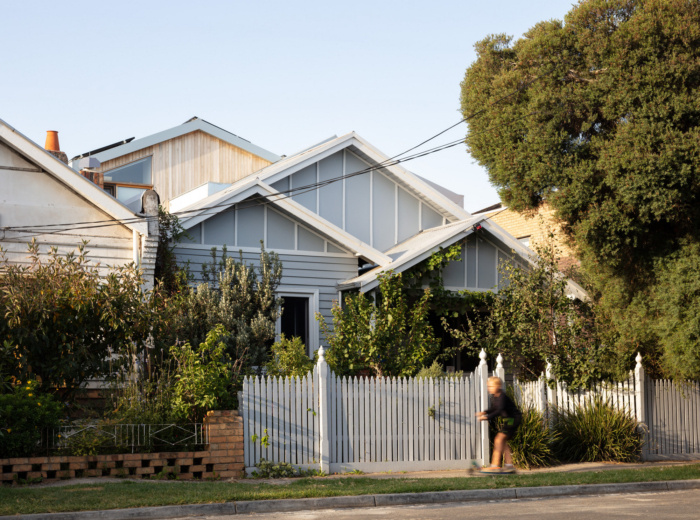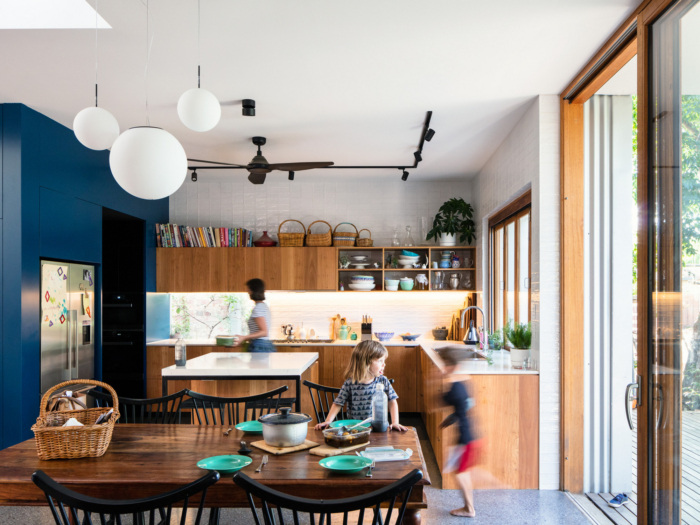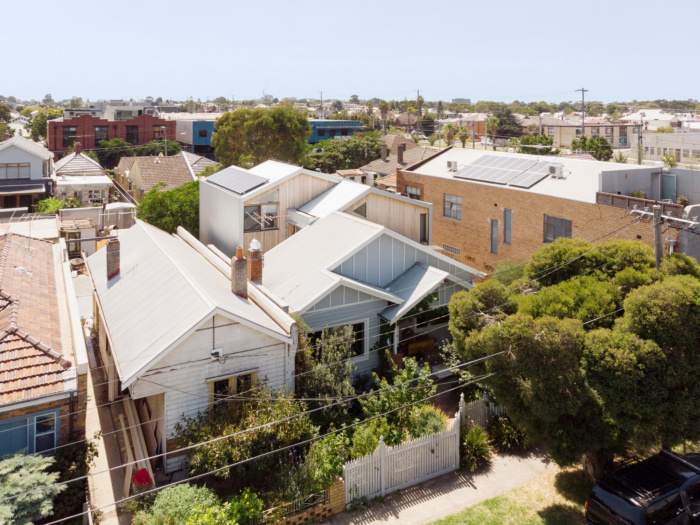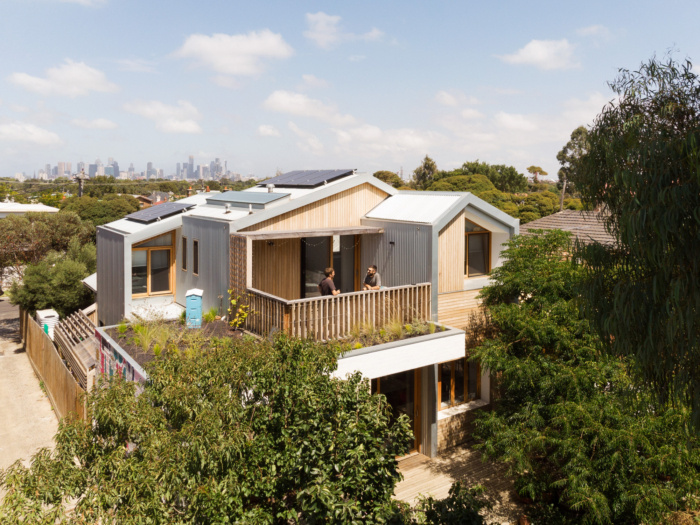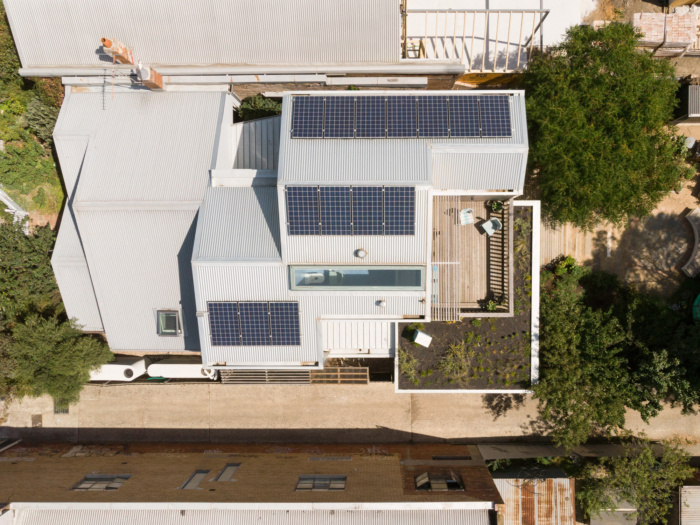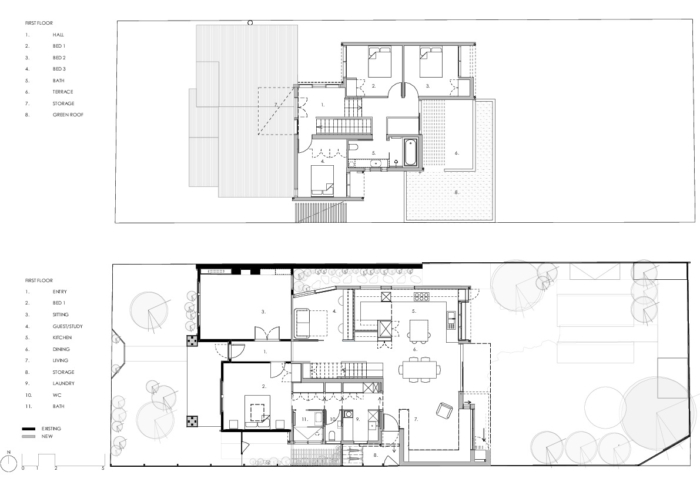Elm St House
Gardiner Architects worked to transform an old Melbourne, Australia home by opening up spaces for functionality, light, and room for a family to host and play.
We always find joy when we get to work with clients that are members of their community who prioritise creating spaces that bring people together. Whether it’s a playground, a childcare centre or residential project, the architecture can support activities that allow for and inspire connection. Seeing value in community connectivity allows a project to move beyond ‘hero architecture.’ The architectural gesture comes later as a result of an intellectual process fuelled by the incentive of why we are doing it in the first place.
When a family comes to us with an old house or terrace like the one in this project, they’ve accepted that the small, pokey and often dark spaces don’t provide reasonable opportunity for their young family to evolve, flourish and enjoy the lifestyle they’d inevitably like to lead. Our intention with the Elm Street project was to open the house up through the connection of spaces internally while at the same time, letting the outside in. The project also sees a balance between retaining old building stock and a reconfiguration for better family life. It also involved a restructuring of the segregation between formal and informal space.
The family at Elm Street are really connected to their local community. They’re friends with all their neighbours and we designed to encourage that, to sustain and grow that connectivity. The clearest gesture that allows this was reconsidering how you enter the home. The entry to a Californian Bungalow is typically through the formal front door. Moving away from this, we supplemented an additional entry off the side lane. The old idea of coming in the front door, where you find the ‘nice room’ that the children aren’t allowed in, that has the crystal cabinet and granny drinking sherry is broken down. The side entry is defined by a mural that is strongly identifiable. All the neighbours know that when you visit, you go down the lane. This informal entry is straight into the living space, so the private family area can easily adapt and become community space.
Design: Gardiner Architects
Contractor: Clancy Constructions
Photography: Rory Gardiner

